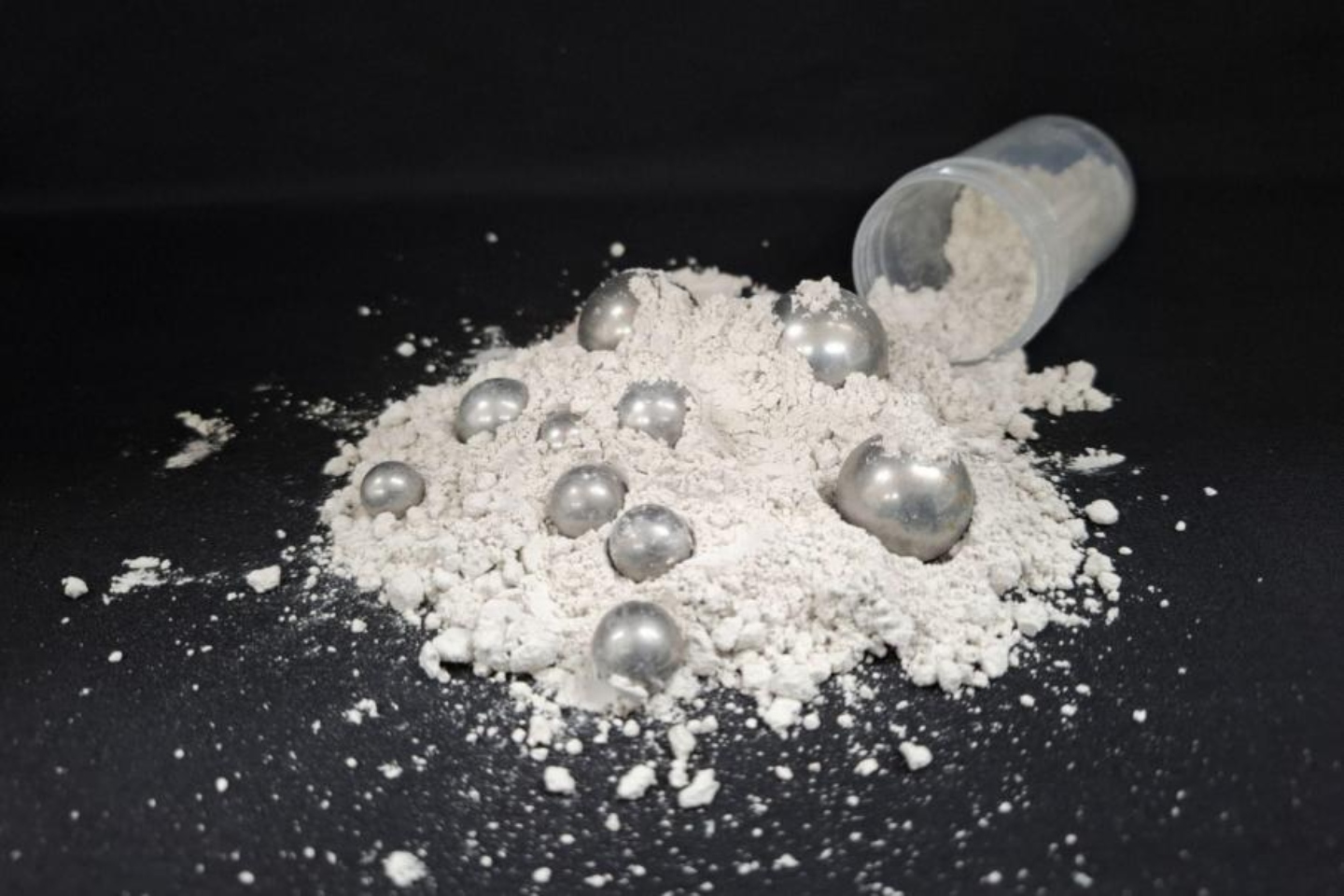ABx Group's 83 per cent-owned subsidiary ALCORE has made significant strides in its efforts to produce high-value hydrogen fluoride from waste after reporting its highest-ever recovery from its single stage fluorine reactor. The company reported a massive 97 per cent fluorine recovery from its 2-stage fluorine reactor, including an 85 per cent recovery from first stage processing of waste produced from the aluminium smelting process confirming a lucrative commercial pathway for the company.


ABx Group's 83 per cent-owned subsidiary ALCORE has confirmed a lucrative commercial pathway for the company after efficiently producing a high-value hydrogen fluoride from the waste product from aluminium smelting.
The company reported a massive 97 per cent fluorine recovery from its bath pilot-batch 2-stage fluorine reactor, including an 85 per cent recovery from the first stage.
The 85 per cent recovery is the highest-ever result from a single stage reactor and along with the 97 per cent overall recovery, the result marks a major milestone for fluorine recovery from aluminium smelter bath.
Fluorine is designated a critical element because it is a highly reactive element which is employed in multiple industries – often in intermediate process steps.
These include but are not restricted to making hydrofluoric acid, which in turn is used in the production of fluorocarbons, plastics, and electronics. It is also used in the production of uranium hexafluoride which is used extensively in nuclear reactors.
Additionally, fluorine is also employed in the manufacture of lubricants, dyes, pesticides and other chemicals, along with steel production, dental products, oil and water repellents, fire-fighting foam, fabric stain resistance and MRI medical scans which are sensitive to magnetic fields. It is also used to make sulphur hexafluoride, an insulating gas for high-power electrical transformers.
The company says its latest processing results presents a strong validation of its bath reactor process and confirms its theories, giving it strong confidence in scaling-up the process.
Bath is an alternative name for cryolite which is most commonly used in the industrial process of aluminium smelting.
Cryolite – or bath - is sodium aluminium fluoride (Na3AlF6) and is used in the electrolytic manufacture of aluminium to cover the melted metal to keep melting temperatures low and reduce energy consumption.
The bath material is eventually recycled by extracting the material from the melting pots, usually at the same time as extracting the used anode to replace it with a new one.
Subsequently, the recovered bath material is cooled, crushed, screened and stored before being reused as a covering agent in a new melting operation.
Australia is the world’s seventh largest aluminium producer and ABx’s seeming ability to efficiently produce fluorine from waste derived during aluminium smelting is a significant step towards a new, and potentially lucrative commercial opportunity.
ABx Group Managing Director and CEO Mark Cooksey said: “I am thrilled to see ALCORE deliver such stellar results with near complete recovery of fluorine from aluminium smelter bath. Additionally, the fact the results validated our theories demonstrates that ALCORE has an exceptionally strong understanding of the process, giving great confidence for on-going scale-up.“
ALCORE’s pilot-scale bath fluorine reactor is located at its ALCORE Technology Centre on the NSW Central Coast.
It has been designed for the recovery of fluorine to produce high-value hydrogen fluoride from the bath waste remaining after the aluminium smelting process.
The chemical process employed involves reacting the hydrogen fluoride with alumina to produce aluminium fluoride, which is essential to the aluminium smelting industry.
The ALCORE process route also effectively bypasses the need to import fluorspar or other fluorine-containing minerals to make the aluminium fluoride and also comes with the benefits of circular production – or the perfect recycling.
Fluorine has long been a maligned and misunderstood chemical, but in reality it is a vital component to so many valuable and routinely used applications. The latest trail-blazing results confirmed by ABx and ALCORE may soon open up a path to a more efficient and ready-made domestic source.
Is your ASX-listed company doing something interesting? Contact: matt.birney@businessnews.com.au












